Today, people across the globe will observe International Women’s Day to recognize the achievements of women everywhere. At CMC, we are celebrating International Women’s Day by having conversations with women in our CMC community about what it means to be a woman. This week, and every week, we are so proud of everything these women have accomplished!
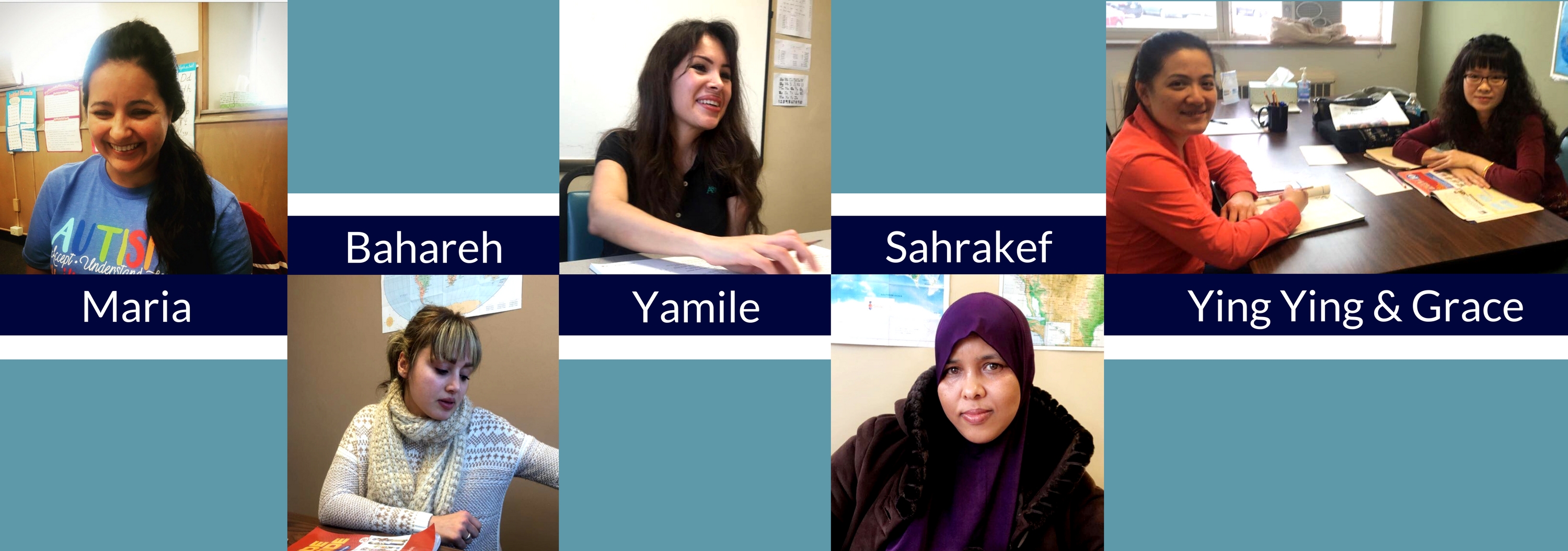
What does it mean to be a woman?
Yamile (Colombia): That’s a good question because women have a lot of, you know, meanings. We are just, a human being, but we are so complex… I think we represent a feminism, I don’t know how do you say. Femininidad? Femininity. And that’s a big difference that separate us from men. And to talk in some lovely words, we are full of love to give to other people… I think we are so, in a balance? Mhm, we are just not like, brain. We just do things with your heart and you think at the same time with your mind and your heart at the same time, you know?
Ying Ying (China): [It’s] God’s gift!
Sahrakef (Somalia): Without women there was nothing possible, even the God choosed women. Man… he say the man cannot live alone by himself without women. So he choosed it, to bring women there… We are just two parts, so the one powerful part it comes from women. It’s very important. Women they are very important, I’m so glad to be a woman.
Grace (China): It’s so hard. A lot of burden, and some people, you know, your husband, whenever your husband doesn’t understand you it’s so hard to explain… [you have to] find a balance, you have to devote your time and energy to your family and at the same time to your job.
Why are you proud to be a woman?
Bahareh (Iran): You know, I like [that] I’m woman, but, that’s just for me, you know? I like always do all the man do. You know, for example, I learned the business. I like that, you know, I like the hard business. Before I had my business when I was in my country. I always have hard job like all the man do. But, you know, I think so when you woman you can feel everything more, you know? You can love everything. I think so like that. You can love everything more, your kids, you can talk more, more easily.
Maria (Mexico): I’m proud to be a woman because you can give birth to a child, you can take care of your kids, and you can um… I don’t know. Do many things like do your hair, do your nails… I’m proud to be a woman.
Ying-Ying (China): Yeah, the mom is the first example. A good example for the child… the woman, the mom, is important. Because the dad, always no time to spend with education for the child. So if we are just like, a house woman, it is a big job.
Yamile (Colombia): Oh, just the fact that you are a woman that should make you proud because, you know, we are, how do you say? Like, how do you say ‘guerrera’ in English? Warrior. Yeah! That’s us! Like going for something and there are women that maybe get frustrated with some things in their lives, but we just have to invite them to be warriors too. To overcome the things. I don’t know, I think it’s just special being a woman you know. Like starting from the body because we are designed to have babies, and that’s so important.
Do you have any advice for young girls about being a woman?
Maria (Mexico): Yes. I want to teach her to be proud of herself, to have a career, to study, and be, to be prepared for the future.
Grace (China): For themselves they should have a moral standard higher than expectation. Because I think that the whole country is going to be decided by the feminine because our job is to bring up the next generation, which is the most important thing. If we don’t do a good job, how can our country grow up? So I think we do the main characteristic in our society, so the girls, the feminine, in general is more important.
Bahareh (Iran): If somebody has a wish, they just have to go and go for it. You know what’s that mean? They have to just try and do everything they can to reach their wish, you know? They have to. If I was maybe 20 years again, maybe I would, I would do more, you know, for my life. But I did too much, you know? I always work, and I did too much. But, if again, I was younger I would do everything for my… what’s the name? For my target, yeah. Never stop.
Do you have anything else you want to say about International Women’s Day?
Sahrakef (Somalia): I am just sending a message for the other women who have been suffering about this world… But my message is that this is a part of the life. I’m sending my other women, all my sisters in this world, whoever suffering, I’m just telling them: be strong! Everybody, they gonna have their own day. They will have a better life, and they will have the things is gonna get good and change whatever issue they have. Be strong. We are under God, we are in one world. We will get better life. And God gonna remove all, whatever issue. So I pray for them, and I’m sorry for them. That’s my message. That’s what I’m saying.
Happy International Women’s Day from the Catherine McAuley Center!
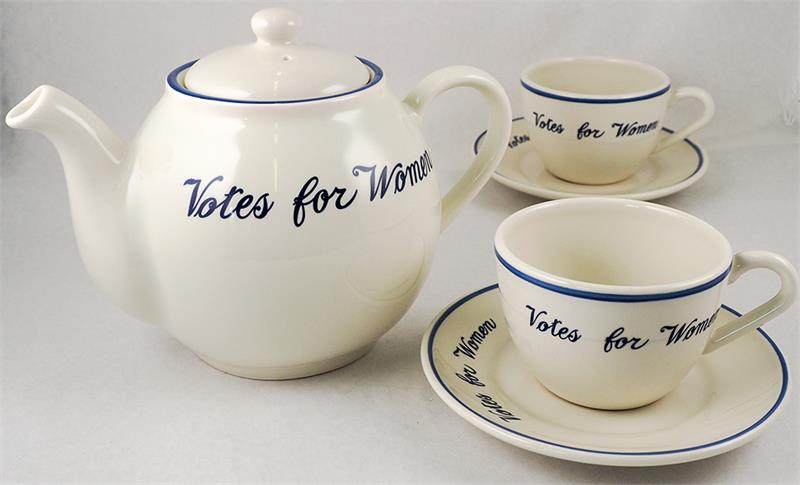 For centuries, drinking tea has played a significant role in the lives of women around the world. As we celebrate Women’s History month alongside the 24th annual Catherine’s Tea, take a look at a few key women who utilized tea and tea gatherings to mobilize resources and support for women’s rights!
For centuries, drinking tea has played a significant role in the lives of women around the world. As we celebrate Women’s History month alongside the 24th annual Catherine’s Tea, take a look at a few key women who utilized tea and tea gatherings to mobilize resources and support for women’s rights!
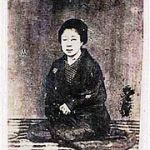
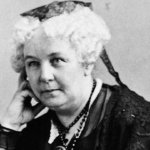
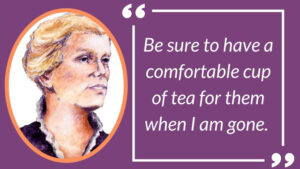



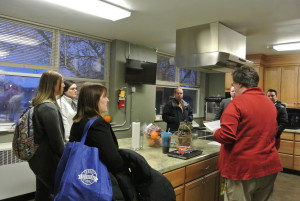
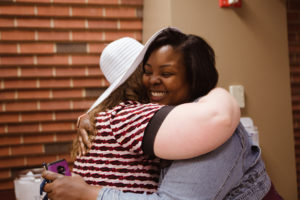


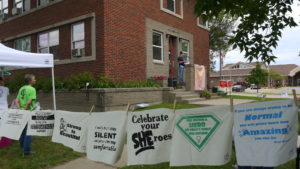
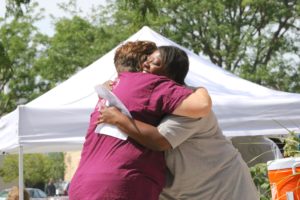
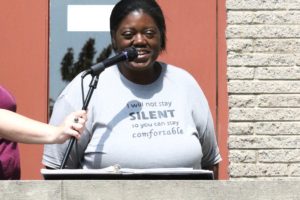
 Us too.
Us too.
